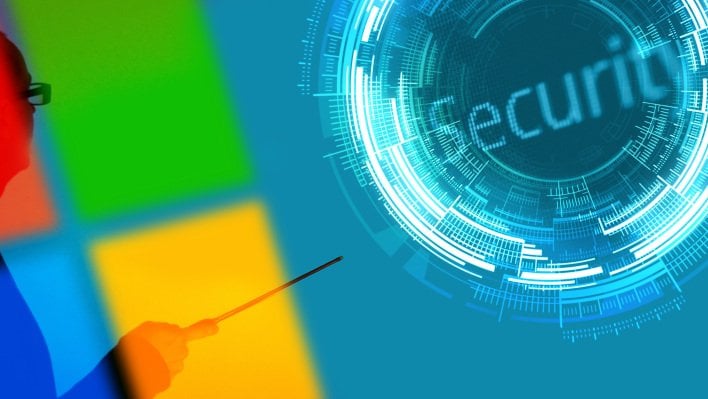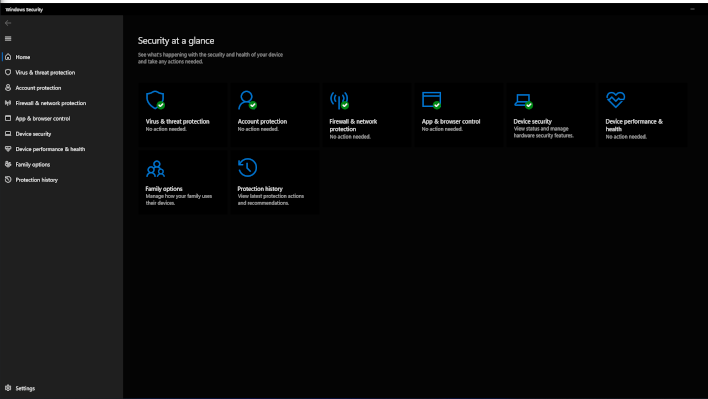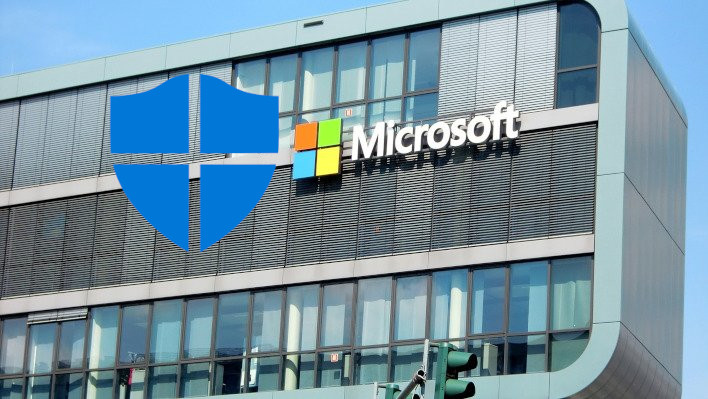Passwords get compromised every day through devices, services, and operating systems. Microsoft's operating system, Windows, is no different. To help combat this, Microsoft's antivirus utility, Defender, is getting a new (and much welcomed) default policy setting.
Building on Microsoft's efforts in security as of late, the Redmond tech giant is adding to its arsenal of changes to improve enterprise security. The modification to Windows Defender, at least on Enterprise and Pro editions of Windows, is within a policy known as Attack Surface Reduction (a.k.a. ASR). This policy, disabled by default in the past, will now be enabled on most enterprise Windows devices. The discovery in default policy change was discovered this week by
Twitter user Kostas.

The ASR policy, when not enabled, allows access to a process known as LSASS, which in turn would allow an attacker to view hashes of passwords. These hashes can then be decrypted, or even just forwarded into other systems or processes. Doing so can effectively grant access, including administrative level, to devices that share passwords or use things like Active Directory for logging in the same users on the same network. All of this means that effectively the safest course of action is to simply not allow access to the process. Enabling this policy does just exactly that.
Though this is not as extreme of a modification as doing something like
disabling all downloaded macros in Microsoft Office files by default on Enterprise, it is a step in a better security direction for security. It is worth mentioning if an organization does use a security solution that replaces Microsoft Defender, it will disable the ASR policy by default. The policy is disabled with alternatives because most solutions also protect the LSASS process as it is, anyway.
We view all of the security-focused changes Microsoft has been pushing lately to be good, even if some of them
cause problems at first. In the past, system administrators may have disabled this policy because of legacy software that might need access to the LSASS process. However, according to security researchers today, there is no good reason for a modern application to need access to the LSASS process. So kudos to Microsoft for making the
policy change in Defender.




